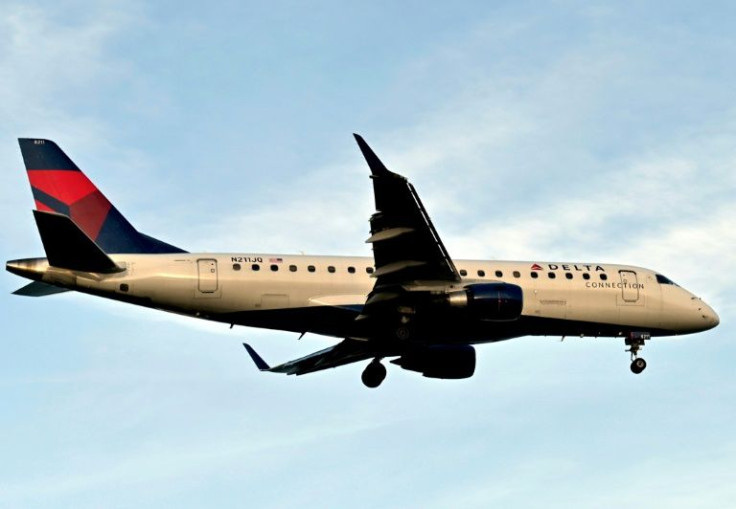Business Travel Slowed Down During The Pandemic, Will It Come Back?
The COVID-19 pandemic put a significant dent in the business travel industry and it could take at least two years to return to past levels, according to a report released on Monday.
The report from Deloitte, "Reshaping the Landscape, Corporate Travel in 2022 and Beyond," touched on the three phases of COVID-19 — Alpha, Delta, and Omicron — and how the variants have slowed the recovery. The study surveyed 150 U.S.-based executives with travel budget oversights Feb. 10-18.
"Businesses are reassessing and re-prioritizing when and why employees travel," said Mike Daher, Deloitte's head of transport, hospitality and services sector.
The report expects business travel in 2022 to reach 36% of 2019 levels by the end of the second quarter and 55% of pre-pandemic levels by the end of this year, then 68% by 2023. Seventeen percent of respondents anticipated a full recovery to pre-pandemic business-travel spending by the end of 2022, but that is down from 54% when they responded in summer 2021.
According to the respondents, the continued waves of COVID-19 variants, including Delta and Omicron, caused them to push back their travel timelines (66%), while only 15% significantly rethought their plans but did not push them back.
"Business travel seemed to be ready for takeoff last summer, but the emergence of COVID-19 variants quickly grounded plans," said Daher.
Respondents predicted that international business travel in 2022 would meet or exceed pre-pandemic levels in Europe (24%), Asia (15%), and Latin America (12%). Respondents had little or no interest in business travel returning to Africa (70%), the Middle East (54%), or Australia/Oceania (52%).
There is a chance that business travel will never reach pre-pandemic levels. In 2021, two main deterrents were travel restrictions and employee unwillingness to travel amid the waves of the pandemic. Both of these concerns went down 18% in 2022 from 2021.
The report notes an increase in travel prices as one of the main reasons deterring businesses from returning to pre-pandemic business travel. A surge in demand has driven up prices and three-fourths of companies said that they will control costs by limiting travel.
The report also notes that the rise of remote work will make business travel less popular. Only 36% of companies that prioritize remote work expect corporate travel to reach pre-pandemic levels while companies that prioritize return-to-office are twice as likely to reach pre-pandemic travel spending (71%).
"Technology platforms have made it possible for most businesses to not just continue their operations from afar, but thrive in doing so," said Daher.
One-fourth of respondents also said that reaching sustainability goals meant that most saw a reduction in travel by 10% or less while one-third saw an 11-25% reduction in travel by 2025. Thirty-five percent of companies reported that they pledged to reduce carbon emissions.
"Bottom-line and environmental priorities will be supported by technology and behavior changes brought on by two years of mostly virtual meetings and events," said Eileen Crowley, vice-chair for U.S. transportation, hospitality and services at Deloitte.
"Business leaders have new factors to consider when determining which trips justify the time, expense, and carbon emissions involved," Crowley added.
Crowley also noted that tech platforms will be vital in filling the gap in business travel in the future.

© Copyright IBTimes 2025. All rights reserved.






















